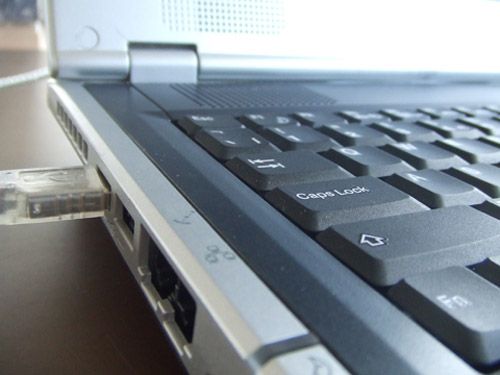The United Nations’ Internet Governance Forum held in Athens this week has been trying to address several issues problems that face internet users today.
Forum members examined a bill of rights proposed by civil liberties group IP Justice that aims to give users online the same rights that they have offline. The difficulties faced by those drawing up a bill rights include the issue of who should ratify it, and what rights it should enshrine and protect.
One campaigner, Professor Stefano Rodota, proposes that it should be created by the people who use the internet, not by government officials.
Critics point out that bill of rights for the internet would not be binding for anyone, since the internet is truly transnational. However, backers of the bill of rights hope that the IGF will consider it in the coming years.
Delegates at the Forum have also been discussing languages used on the Internet, and taking issue with the fact that from domain names through to content, English is the most commonly accepted.
When domain names were first proposed, it was ruled that they should only contain English-language characters, but progress has been made since then. Now popular browsers, including Firefox and IE7, are able to support non-English-language characters for domains by translating them with various algorithms.
However, this isn’t enough for the delegates. “This new society leaves people isolated, marginalised”, said Adama Samassekou, a former Mali government official who is the president of the African Academy of Languages.
“I think the digital divide is not as important as the linguistic divide. And that’s the one we should be bridging in order to guarantee the democratic governance of the Internet.”

